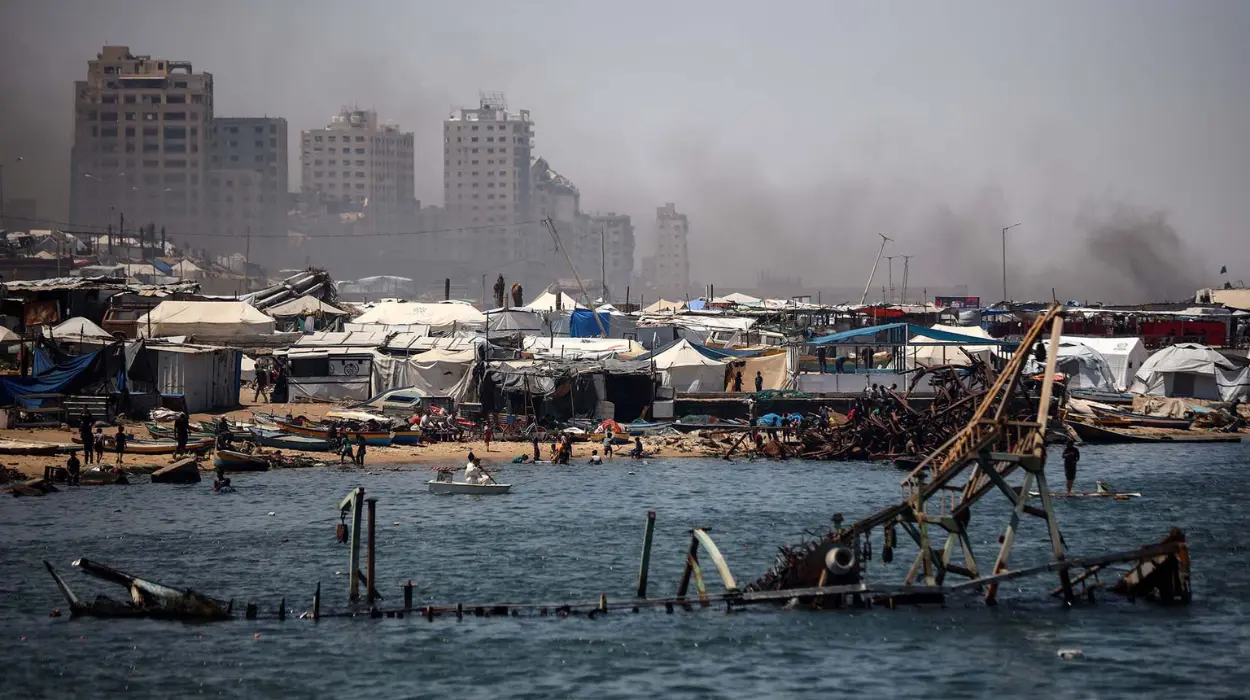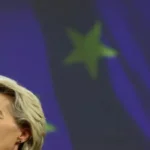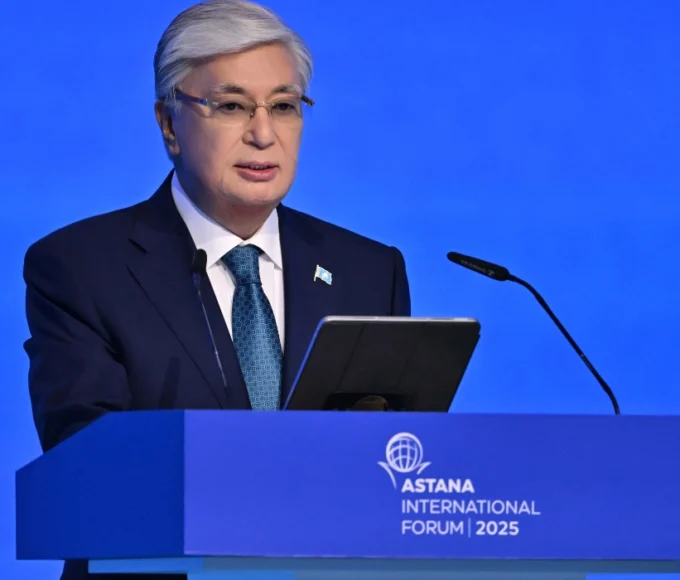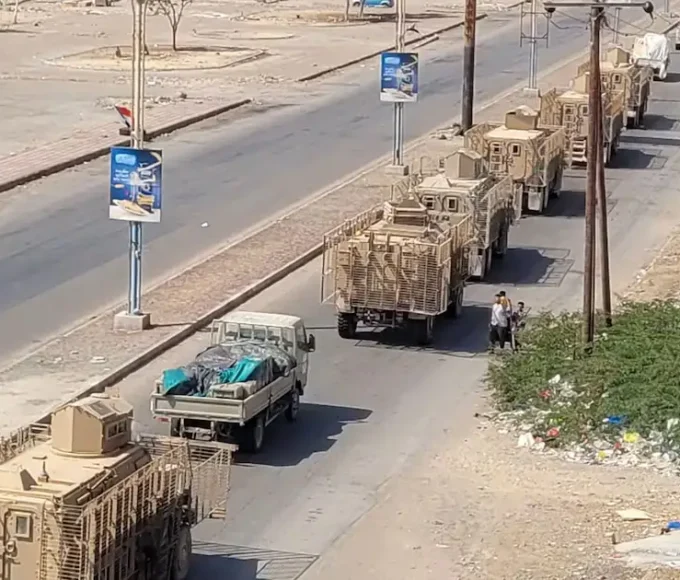The ongoing conflict in Gaza has escalated into a dire humanitarian crisis, with over 50,000 Palestinians dead and 2.1 million people facing famine due to a prolonged blockade. As the situation worsens, Europe stands at a pivotal juncture to re-engage and help halt this catastrophe. Recent diplomatic moves, political statements, and humanitarian calls highlight four crucial strategies Europe can adopt to foster peace and alleviate suffering in Gaza.
Europe’s Role in Addressing the Gaza Crisis
Europe has long been involved in Middle East peace efforts, but the current crisis demands renewed and decisive action. The collapse of the ceasefire in March 2025 and the subsequent Israeli blockade have intensified the humanitarian emergency, prompting European nations to reconsider their diplomatic and economic engagement with Israel and Palestine.
1. Strengthening Cooperation with Arab Countries
Leveraging Regional Partnerships for Peace
Europe’s most effective route to peace in Gaza involves working closely with Arab countries that share a stake in regional stability. Nations such as Jordan, Egypt, Lebanon, Saudi Arabia, the UAE, and Qatar host millions of Palestinian refugees and have economic and political ties to the conflict’s outcome.
The Arab Peace Initiative (API), adopted by the Arab League in 2002 and backed by Saudi Arabia, offers Israel full normalization with 57 Arab and Muslim-majority countries in exchange for a sovereign Palestinian state. This initiative remains a cornerstone for peace negotiations.
In 2024, Europe and Arab states took a significant step by launching the Global Alliance for the Implementation of the Two State Solution at the UN General Assembly. France plans to co-host a follow-up conference in New York in June 2025, signaling a renewed commitment to this diplomatic pathway.
Additionally, Europe is urged to join the 75% of UN member states that recognize the State of Palestine, creating a more balanced international framework for negotiations.
2. Applying Political and Economic Pressure on Israel
Reviewing Agreements and Suspending Trade Talks
European outrage over Israel’s military actions and the humanitarian blockade has led to concrete political measures. On 20 May 2025, EU Foreign Ministers agreed to review the EU-Israel Association Agreement, which has governed trade and cooperation since 2000, due to serious human rights concerns.
The United Kingdom has frozen talks to update its bilateral trade agreement with Israel, reflecting growing dissatisfaction within Europe. Spain, Portugal, and other EU countries have called for increased diplomatic pressure. Spain’s Foreign Minister José Manuel Albares declared, “The time for words is over… We cannot tolerate what is happening for one more minute.”
Portugal’s European Council President António Costa demonstrated solidarity by receiving the new Palestinian ambassador with full honors, signaling a shift towards a more balanced diplomatic stance.
3. Urging Immediate Humanitarian Aid and Ceasefire
Addressing the Famine and Medical Crisis in Gaza
Since the ceasefire collapsed in March 2025, Gaza’s 2.1 million residents have suffered under a near-total blockade that cut off food, medicine, and essential supplies, placing the population at critical risk of famine.
Israel only allowed a “basic amount of food” into Gaza starting 18 May after more than two months of blockade, but humanitarian needs remain dire.
A joint statement from 20 countries, including EU members France, Germany, Spain, Italy, and the Netherlands, alongside the UK, Canada, and Australia, called on Israel to immediately permit full humanitarian access and allow UN and aid organizations to operate independently.
The statement also demanded Hamas release all hostages and urged both parties to return to a ceasefire and pursue a two-state solution for lasting peace.
4. European Parliament and Political Groups’ Engagement
Parliamentary Debates and Calls for Action
On 21 May 2025, Members of the European Parliament (MEPs) debated the escalating crisis and the EU’s response to Israel’s plans to seize Gaza territory.
Political groups including the European People’s Party (EPP), Socialists & Democrats (S&D), Renew Europe, Greens/EFA, and The Left expressed serious concerns about the military escalation and violations of international law.
They condemned forced demographic changes and called for urgent humanitarian relief and the release of hostages.
Thousands of Palestinians have died since the resumption of Israeli strikes on 18 March, with the UN warning of famine and a worsening humanitarian disaster due to the blockade.
Key Statistics and Facts Highlighting the Crisis
- Over 50,000 Palestinians have died amid the conflict as of May 2025.
- Gaza’s population of approximately 2.1 million faces critical famine risk due to a 10-month blockade.
- The Israeli blockade restricted humanitarian aid for over two months before partial reopening on 18 May.
- 75% of UN member states recognize the State of Palestine.
- The EU-Israel Association Agreement, in place since 2000, is under review due to human rights concerns.
Reactions from Europe and International Bodies
Seven European nations, including Iceland, Ireland, Malta, Slovenia, Spain, and Norway, have urged Israel to reverse its blockade and military actions, warning of starvation and humanitarian disaster.
The Council of Europe condemned the “intentional starvation” tactics in Gaza and warned that such actions could fuel extremism, including groups like Hamas.
Dora Bakoyannis, Chair of the Parliamentary Assembly of the Council of Europe’s Committee on the Middle East, stated, “The moment for a moral evaluation of the treatment of Palestinians has arrived – and it has been long overdue.”
France, the UK, and Canada jointly called on Israel to halt military operations, allow humanitarian aid, and resume ceasefire negotiations, emphasizing that military means alone cannot resolve the conflict.
Europe’s re-engagement in Gaza requires a multifaceted approach combining diplomatic collaboration with Arab states, economic and political pressure on Israel, urgent humanitarian intervention, and active parliamentary involvement.
The humanitarian stakes are immense, with millions at risk of starvation and ongoing violence threatening regional stability. Europe’s coordinated efforts could be decisive in halting the catastrophe in Gaza and reviving the prospects for a sustainable two-state solution.








